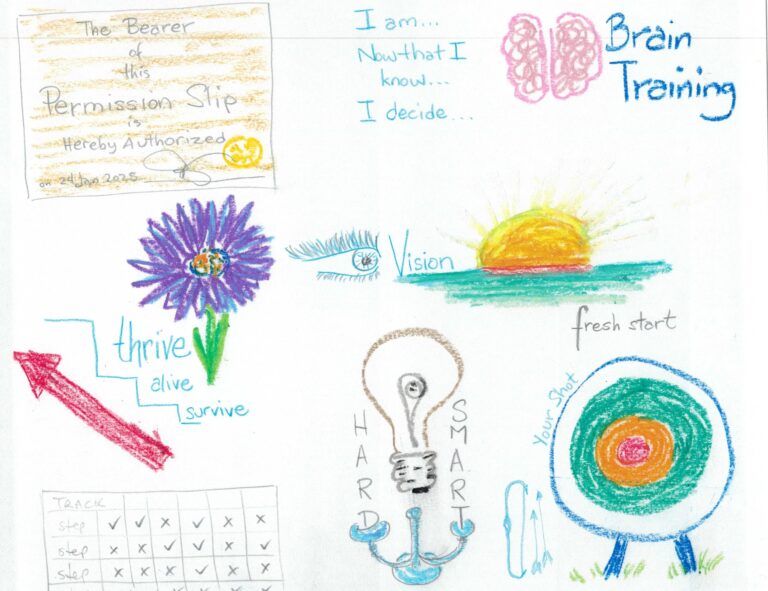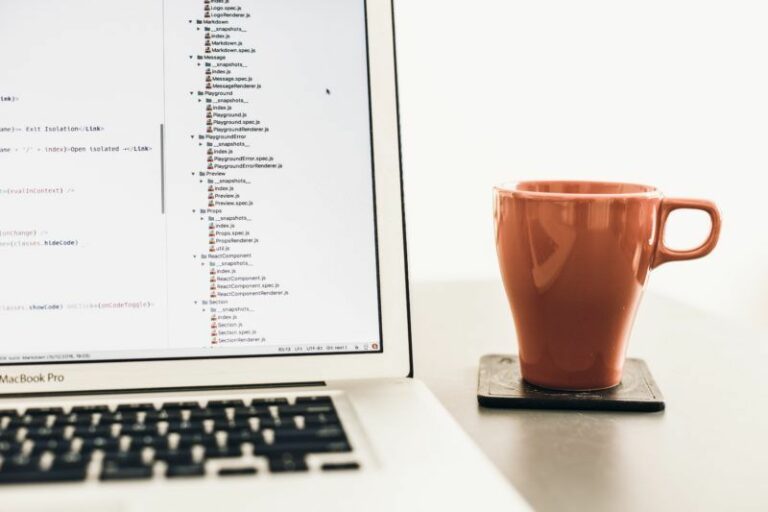By Sheila Sutherland
Reigniteyourpurpose.com
Our brains are one of our most precious gifts. It is the gateway to our emotions, its how we store our experiences in life, it allows us to grow, learn and accomplish incredible things. However there are things that we are doing each day that are robbing us of our focus, attention, learning and (most importantly) the ability to truly think.
In this last year, we have all taken quite a mental hit. Our worlds have been turned upside down, we’ve been asked to do things that are out of our norm, we have been isolated from our friends and family, and all of this has increased our already high levels of stress, anxiety, overload, forgetfulness and exhaustion.
This past (and ongoing) year have put us through a LOT, and all of it has been outside of our control. The 4 horsemen that I am going to talk about were present before the pandemic, and will be present long afterwards. It’s important to note that the horsemen do NOT cause the conditions that I mentioned above, they do, however, AMPLIFY them. It is up to us to control them, for the health of our brains and overall mental well-being.
The 4 horsemen are Digital Deluge, Digital Distraction, Digital Dementia and Digital Deduction.
You may have noticed that they all start with DIGITAL.
We live in a digital age, and I am by no means saying that everything digital is evil. Being digital allows us so many conveniences, and has been a saving grace during this pandemic when we’ve all had to move our meetings, appointments, school and gatherings into the digital space.
In Jim Kwik’s book Limitless(where I got the 4 horsemen from), he talks about digital devices being a tool that we need to control. If we allow them to control us, we end up being the tool!
So, let’s lift the veil on the horsemen, so you can become more self-aware of them and recognize when it’s up to you to turn up the control on them.
- Digital Deluge – we are inundated with information 24/7 every single day. We are constantly connected with our smart phones and devices. It’s hard to escape it. On average, we consume 3 times the information each day than what was done in the 1960s. We need to shift our thinking to focus on how information is just like food. One feeds the brain, the other feeds the body. We could also talk about the correlation of quality of food and information that we are consuming. Too much of anything will cause us to feel ill effects.
What can we do to combat this? Schedule in 30 mins each day for ‘white space’, where you step away from technology to allow your brain to relax and be creative. Go for a walk, meditate, paint, play an instrument. Give your brain a chance to take a breath!
- Digital Distraction – We are always connected, we are always on. This ever connectedness with our devices is leaving us struggling to truly connect with our friends and family, and is destroying our ability to focus in our tasks/work. We are constantly training our distraction muscle, as we grab our phones in a moment of downtime, or with every ‘ding’ that we hear. In doing this we reinforce the behaviour as we get a hit of dopamine with every notification. One of the BIGGEST lies that we tell ourselves is that we can multitask. Sorry to burst your bubble, but there is no such thing. Research shows that our brains cannot cognitively focus on more than one thing at a time. What we are actually doing is called task switching. In switching back and forth between tasks, you not only risk your actual performance on that task, you also rapidly deplete your brain of oxygenated glucose, which is the actual fuel that your brain need to stay on task. Over time, you end up feeling burned out, exhausted and completely depleted.
What can you do to combat this? Focus on one task at a time. Set a timer and give whatever task you are doing your complete attention…….and it goes without saying. Turn OFF your notifications while you are learning or working!
- Digital Dementia – Neuroscientists describe digital dementia as overuse of digital technology resulting in the breakdown of cognitive abilities. Short term memory pathways start to break down from underuse. When was the last time you could pull someone’s phone number out of the blue without looking at your contacts in your phone? Research is showing that our reliance on technology is also hurting our long-term memory. Think of your brain as a muscle instead of a hard drive. It gets stronger each time you use it to recall a memory or information. This outsourcing of our brains to our smart devices are, well, making us dumb. The use it or lose it principle applies here!
What can we do to combat this? Exercise your brain by memorizing phone numbers of people that you are in regular contact with.
- Digital Deduction – This is definitely a first world problem, but it will have lasting effects. We are starting to allow technology to do our thinking for us. We turn to technology to answer every question and to tell us how we are to feel about hot-button issues. This confuses our perception of our own inner knowledge and intelligence, which reduces our critical thinking skills and leads to poor decision making. If you spend any amount of time on social media these days, you see examples of this constantly.
What can we do to combat this? The next time you have a decision you need to make, schedule some time to work on it without the use of any devices. Listen to your own inner knowledge instead.
While these 4 horsemen are the main ones that you need to watch out for, there is one more that needs to be mentioned, a bonus horseman so to speak. Digital Depression. This is a result of the comparison culture on the social media newsfeeds where we allow other people’s highlight reels to cause us to perceive ourselves as less than. This is a topic for another time, although I want to leave you with this suggestion. Use social media consciously, not mindlessly out of habit, and it will be less likely to highjack your productivity and peace of mind.
The reality is, the world does not foster a healthy environment for our brains. It is up to us and the choices that we make to do that for ourselves.






